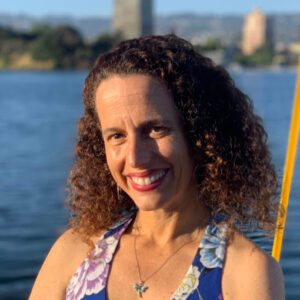How do you know you’re being inclusive when you’re teaching? What indicators are you looking for in your students or yourself?

Alisa’s response:
This is a really good question that I imagine many educators ask themselves (or perhaps should!). I feel a great responsibility with the word “inclusive” because it covers so many scenarios. By definition – not excluding any parties involved in something – we are being asked to think broadly about this word. I try to think about inclusivity as a word that reminds me about to keep my mind, words and actions welcoming, inquiring and compassionate. How do I know if this is working? I may not. I could also insert opportunities for learners to share their ideas, reflections and creative selves. Also, I try to pay attention to students that are struggling with engagement and REALLY try to learn names quickly because knowing someone’s name is a powerful tool for making connections. While no class is perfect, I find it helpful to look at where the success is (big or small) and keep building the idea of inclusion from there. I am interested in authentic teaching and learning and having open expectations. Teaching really young children is a great place to practice this.
